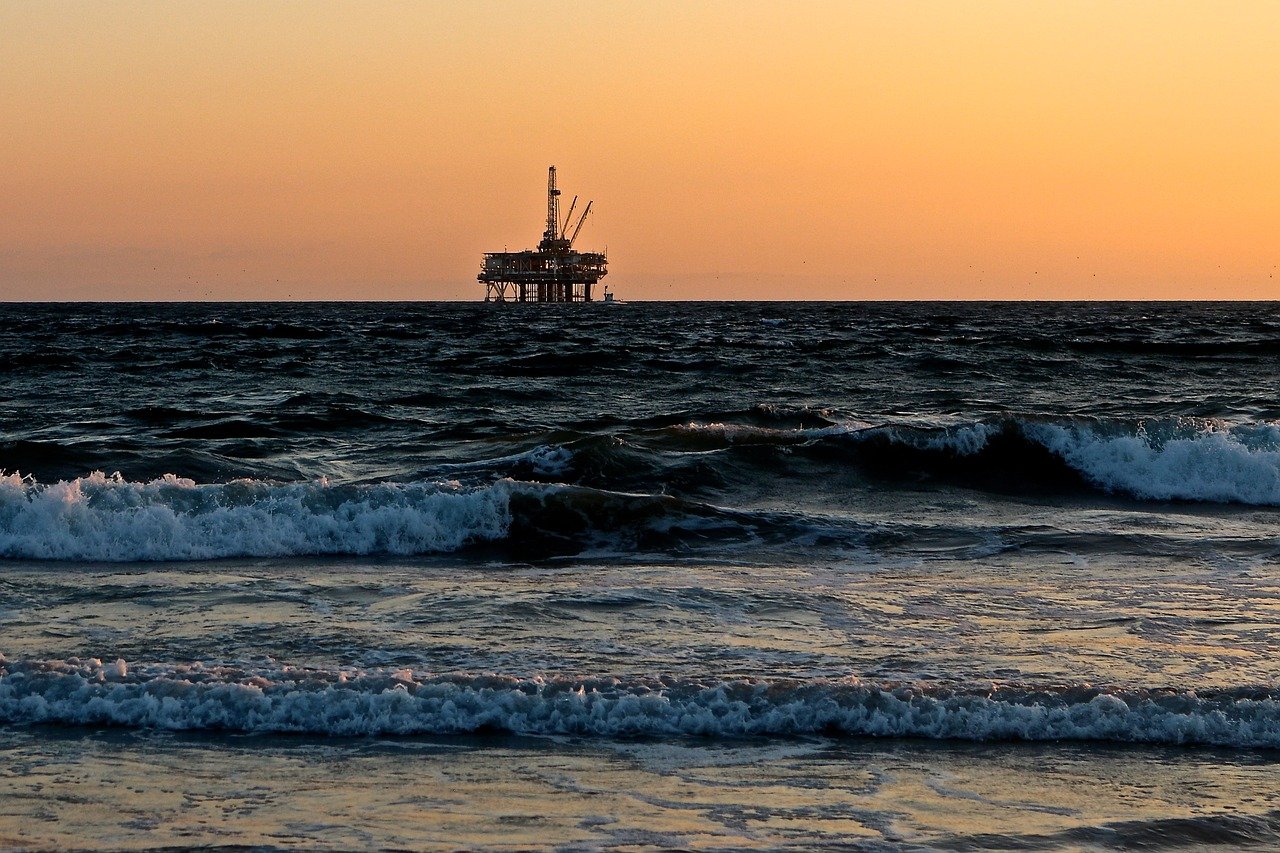Headline
CCC warns vs. use of dispersants in Mindoro oil spill

The Climate Change Commission (CCC) has warned authorities on the use of chemical-based dispersants to break down the spreading oil spill in Oriental Mindoro province, saying this could cause harm to the marine ecosystem. (Pixabay photo)
MANILA – The Climate Change Commission (CCC) has warned authorities on the use of chemical-based dispersants to break down the spreading oil spill in Oriental Mindoro province, saying this could cause harm to the marine ecosystem.
In a press release, CCC said its Commissioner Albert dela Cruz Sr. made this remark during a meeting with Philippine Coast Guard (PCG) commandant Admiral Artemio Abu, Vice Admiral Rolando Punzalan and other key officials on Monday to discuss a status update and assessment of the latest oil spill disaster.
Dela Cruz particularly warned against the use of dispersants pointing out that when sprayed on a surface oil slick, the oil is broken down into smaller droplets that more readily mix with water.
He explained that the said droplets do not actually reduce the amount of oil entering the environment but push the effects of the spill underwater and this could have harmful effects on the marine environment and ecosystem.
Instead of using dispersants, Dela Cruz stressed the need for a “whole-of-nation” and “whole-of-society” approach in addressing the ongoing concern in Oriental Mindoro.
He said it is important to protect the country’s marine biodiversity, especially in the Verde Island Passage area, said to be the breeding ground of the country’s marine resources.
Oriental Mindoro has doubled efforts to protect its coastal communities as the threat of more spilled industrial oil reaching its shores loomed with the end of the northeast monsoon or “amihan.”
The amihan season is expected to end in mid-March, according to the Philippine Atmospheric, Geophysical and Astronomical Services Administration.
Traces of oil spill from MT Princess Empress, which carried 800,000 liters of industrial fuel and sank off Naujan town last Feb. 28 have reached the provincial capital after almost a month.
City workers, residents and PCG personnel have immediately mobilized to clean up the waters but to no avail.
To date, efforts to ward it off has become more urgent after the University of the Philippines-Marine Science Institute warned in a bulletin that more oil spill was expected to reach Calapan City shores in three days.
Meanwhile, Calapan City Mayor Malou Morillo disclosed that they are in proactive mode in responding to the crisis, employing various ways to prevent the oil spill from causing more damage to their coastal areas.
Morillo said coastal communities and partner agencies have been mobilized in producing more improvised spill booms made from rice straws, ropes, empty plastic bottles and sacks to protect the city’s waters.
As of Monday, the oil spill has affected over 150,000 individuals or 30,000 families in Mimaropa and Western Visayas.



























